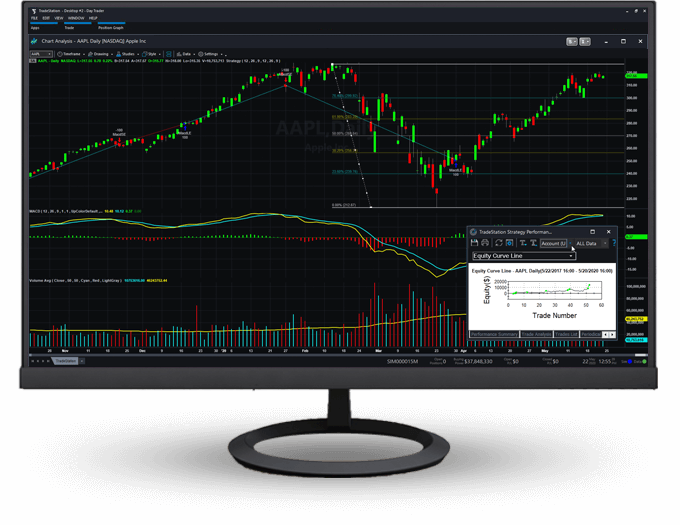Options Trading
Options trading is a type of financial trading that involves buying and selling options contracts.

An options contract gives the holder the right, but not the obligation, to buy or sell an underlying asset at a predetermined price, known as the strike price, within a specified time period. This type of trading allows investors to make bets on the direction of the market or the price of an underlying asset without actually owning the asset. Options trading can be a risky endeavor and requires a certain level of knowledge and expertise. There are two types of options contracts: calls and puts. A call option gives the holder the right to buy an underlying asset at the strike price, while a put option gives the holder the right to sell an underlying asset at the strike price.
Options trading can be used for a variety of purposes, including hedging against losses or speculating on potential gains. Options trading can also be used to generate income by selling options contracts to other investors.
Overall, options trading can be a useful tool for experienced investors looking to take advantage of market opportunities or manage risk. However, it is important to understand the risks involved and to have a solid understanding of the underlying assets and markets before engaging in options trading.
